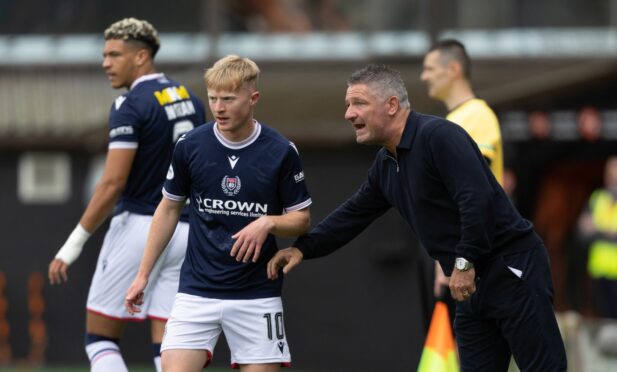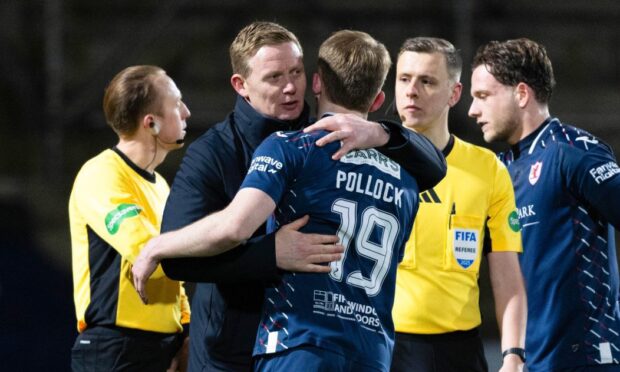Is it time to introduce a quota system to Scottish football to stop home-reared players getting squeezed out of the game by imports?
Does Scottish football owe a duty to produce players for the future of our game or are you happy as a fan to see your team do well, regardless of where players come from?
St Johnstone boss Craig Levein has admitted he’s worried about a lack of opportunities for Scottish players because more and more foreign talent is coming into the game.
Levein says that market forces mean getting players from abroad for less money is one of the reasons that fewer Scots players are being given the opportunity to shine in first teams.
For the future success of our national team, it would seem to be a simple equation that we produce as big a pool of eligible players to choose from as possible.
If we’re convinced that it’s a major issue, maybe we need to think about a numbers game and limit the amount of foreign players who can play in our club sides, ensuring that a certain number in any team are Scots.
The game has long been a global one though, and I suspect most club fans are less concerned about where their players come from than how they perform on the pitch.
Dundee United have had a huge influx of non-Scots this season but, in the early 1960s, it was the signing of five Scandinavian players by the then-forward-thinking boss, Jerry Kerr, which set them on the path to becoming a regular top-flight club.
Generally though, and not just for Scots players, clubs need to ensure that youth has the opportunity to shine at first team level.
Interestingly, Dundee have emerged as the Premiership club which has given most playing minutes to young players – and that’s a hugely important factor in the medium-to-long term plans for the club.
In their glory years, United became a magnet for Scotland’s brightest and best kids, who knew that their talent, not their age, would see them progress to the first team.
The same is now happening at Dens.
Tony Docherty is building a first team squad full of energy and brio, where the motto is; if you’re good enough, you’re old enough.
Meantime, the club are also producing superb talent through their academy, in partnership with nearby St John’s High School.
Dundee are getting it right in both recruitment and development.
The first of these two elements can be a short, or a long process, with clubs constantly assessing future talent, which is already playing elsewhere at senior level.
The second is a much lengthier process and one in which experienced youth development coaches are constantly monitoring and improving young players, but with no guarantee of success.
If clubs can get both strands right, two separate, but key, aims are met: Firstly that there’s a good team on the pitch in the present, and also that the optimum conditions are created to meet that aim in future, as young talent emerges to complement and supplement new signings.













Conversation